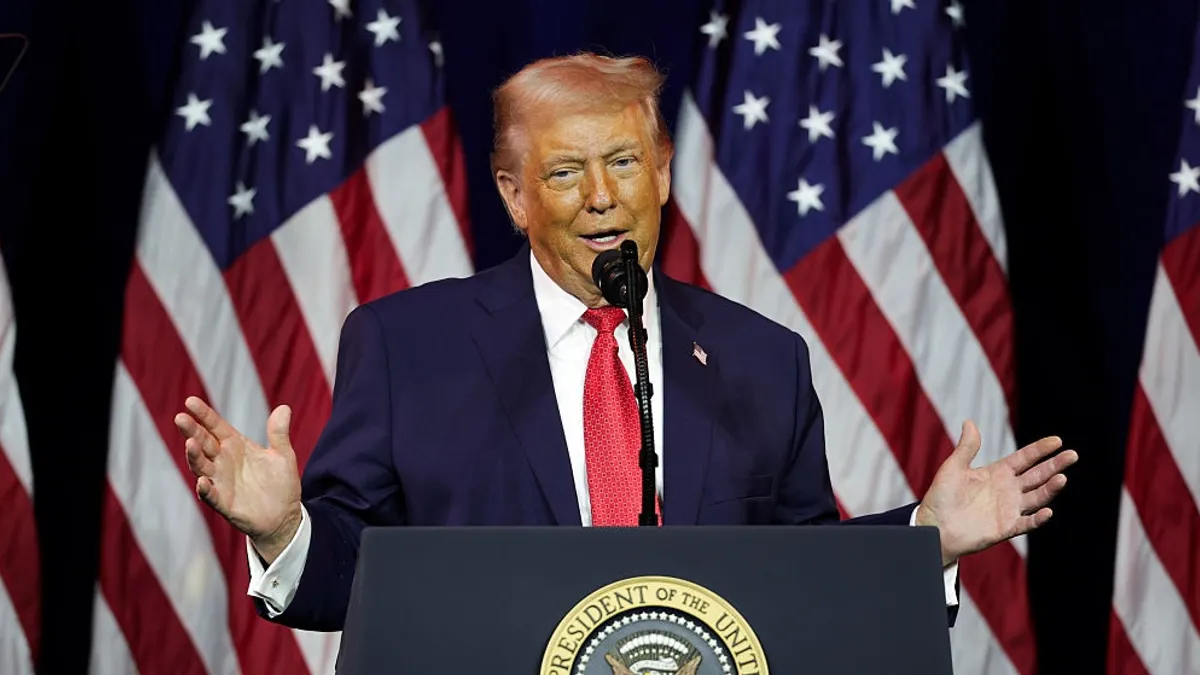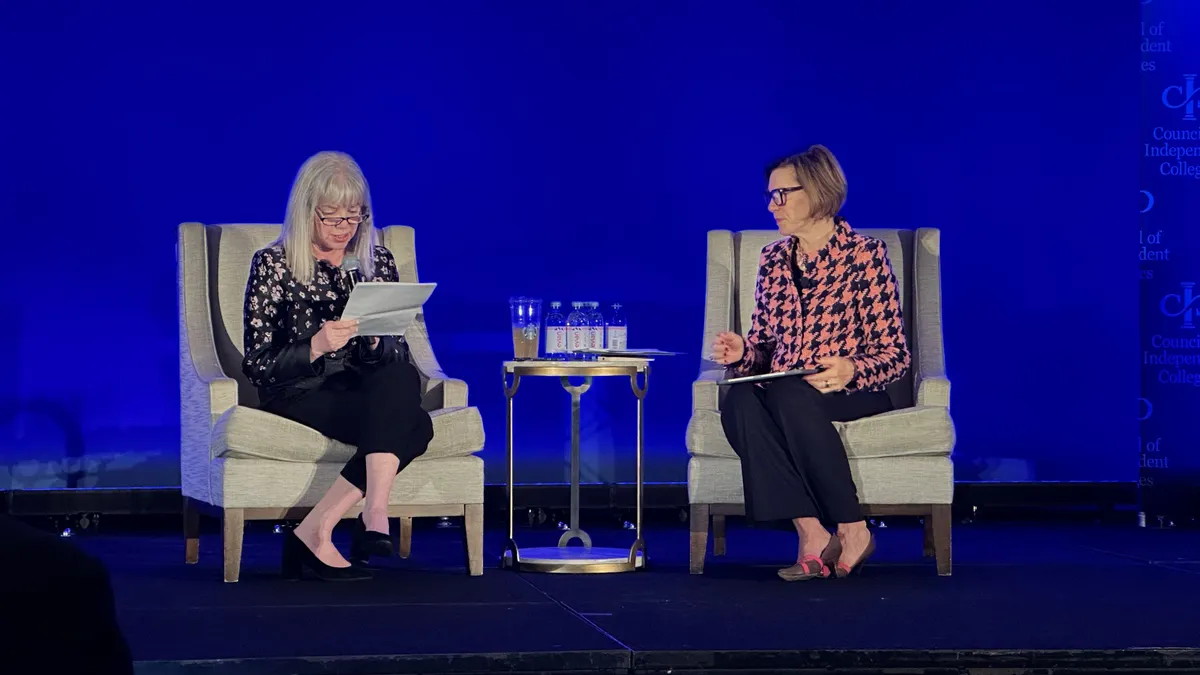José A. Cabranes, a judge on the U.S. Court of Appeals for the Second Circuit, did something rather unexpected last month -- he issued a public dissent.
If he filed the dissent in his capacity as judge, the act would hardly seem noteworthy. But Cabranes did not dissent as a judge. Instead, as a trustee of Columbia University, he penned a column in the university's student newspaper, The Columbia Spectator, in which he criticizes the university's current administration -- alone and without the support of the rest of the board, an act that is rarely seen at private universities.
Open debate among trustees is common at public universities, where trustees are required to abide by open-meetings laws and the combination of staggered board terms and turnover in public offices means that many public boards have members selected by governors with widely differing philosophies about higher education. Trustees at these institutions may openly question or clash with administrators, their debates are often covered by the media, and trustees who don’t get their way have turned to the press to make their objections known.
But that sort of debate rarely happens at private institutions, where trustees have the luxury of conducting most of their actions behind closed doors, where board appointments may reflect a similar philosophy year in and year out, and where decisions are often removed from state and local politics.












